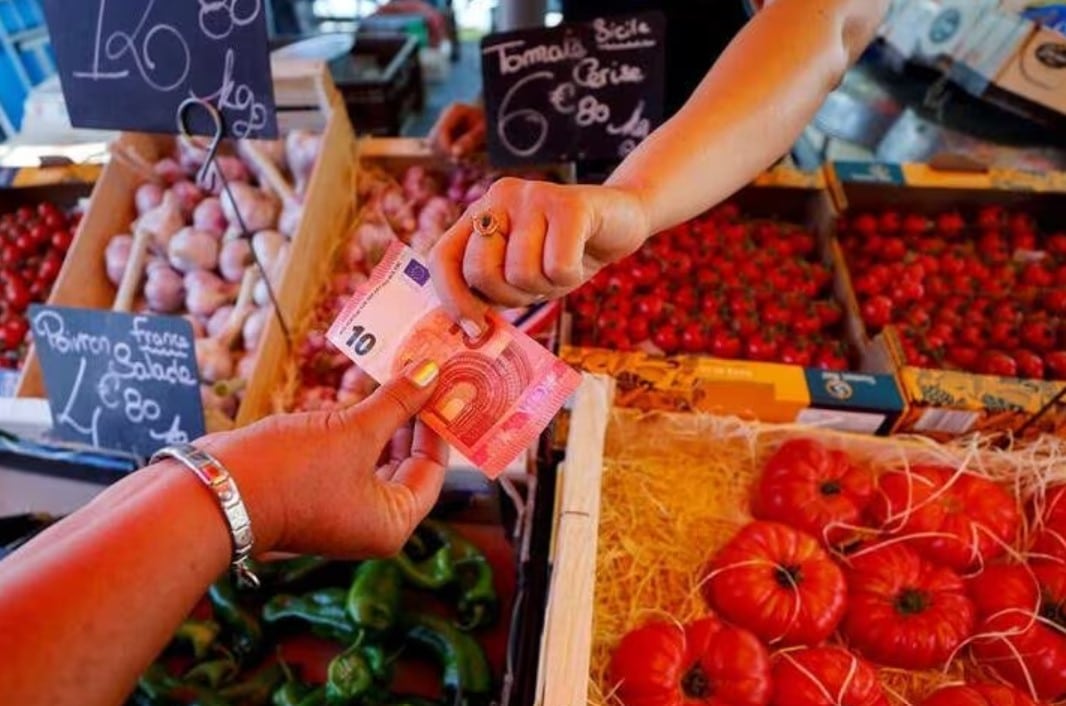Inflation in Cyprus has slowed for a third consecutive month, according to the Consumer Protection Service.
The service on Monday reported a decrease from 1.5 per cent in August to 0.7 per cent in September and 0.6 per cent in October 2024.
This trend is attributed to falling prices in petroleum products (-1.23 per cent), electricity (-1.96 per cent), and agricultural products (-2.17 per cent).
The association’s price observatory, which monitors the weighted average prices of 250 basic consumer products sold in 400 retail stores across Cyprus, found notable changes in various categories.
The data revealed the largest annual price declines in October occurred in petroleum products (-12.75 per cent) and electricity (-7.94 per cent).
However, agricultural products saw an annual increase of 8.92 per cent.
Inflationary pressures on food products persisted, with food price inflation reaching 2.79 per cent during January-October 2024, compared to the same period in 2023.
Among the 45 categories of goods monitored, 21 categories recorded price increases, eight of which were below 1.0 per cent.
In contrast, 23 categories saw decreases, and one category, tomato paste, experienced no change.
The largest monthly increases in October were recorded in infant nappies, which rose by 17.4 per cent compared to September and 23.9 per cent year-on-year.
Cypriot coffee also saw a significant increase of 9.2 per cent month-on-month, with a 3.7 per cent rise compared to October 2023. Similarly, evaporated and sweetened milk prices grew by 8.8 per cent for the month and 12.2 per cent year-on-year.
Conversely, the most significant monthly declines were noted in vegetables and greens, which fell by 16.7 per cent compared to the previous month, although they remained 2.6 per cent higher than in October 2023.
Baby formula prices decreased by 4.7 per cent month-on-month and 3.6 per cent year-on-year, while frozen fish dropped by 2.8 per cent in October, with a slight annual increase of 0.7 per cent.
Meanwhile, to prepare for the reintroduction of a zero VAT rate on essential goods, including baby formula, nappies, and hygiene products, the Consumer Protection Service conducted comprehensive checks in October and November.
Their findings showed that 92 per cent of products accurately reflected the expected price reductions, ensuring compliance with the policy.
The service is also preparing for the implementation of the e-kalathi digital platform, which will help consumers compare prices of household essentials across different retailers.
A trial comparison of 28 key items in five Nicosia supermarkets revealed a price gap of €10.50 (9.25 per cent) between the most and least expensive baskets.
Furthermore, the Consumer Protection Service emphasised that its price observatories aim solely to inform consumers, not to offer advice or endorse specific retailers or products.
“The observatories cannot replace the personal research every consumer should conduct based on their preferences, budgets, and needs,” the service stated.
Additionally, some products in the observatory may have qualitative differences that are not accounted for in the data.
Finally, the service said that “consumers are encouraged to conduct thorough market research and make informed decisions”.






Click here to change your cookie preferences